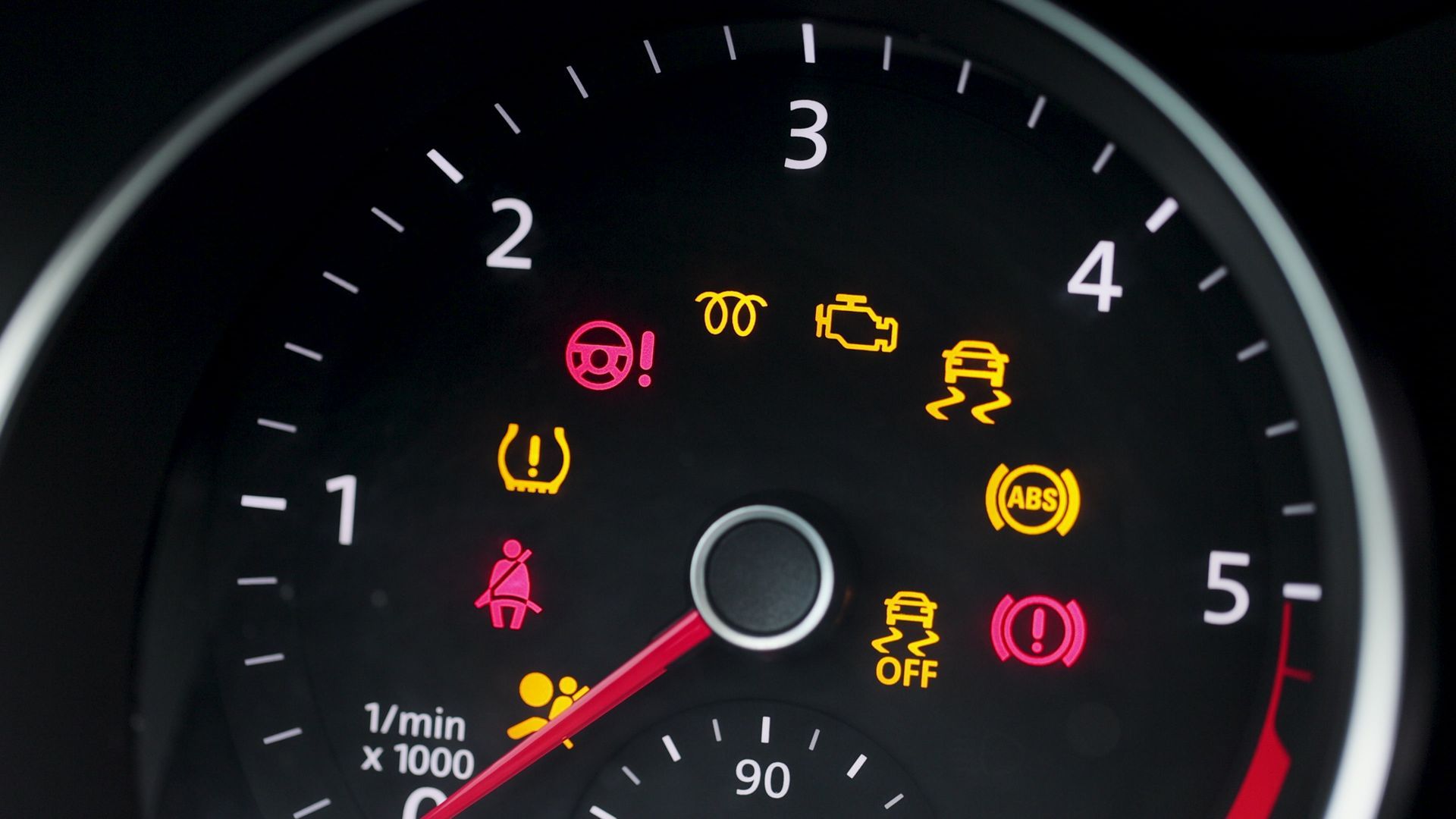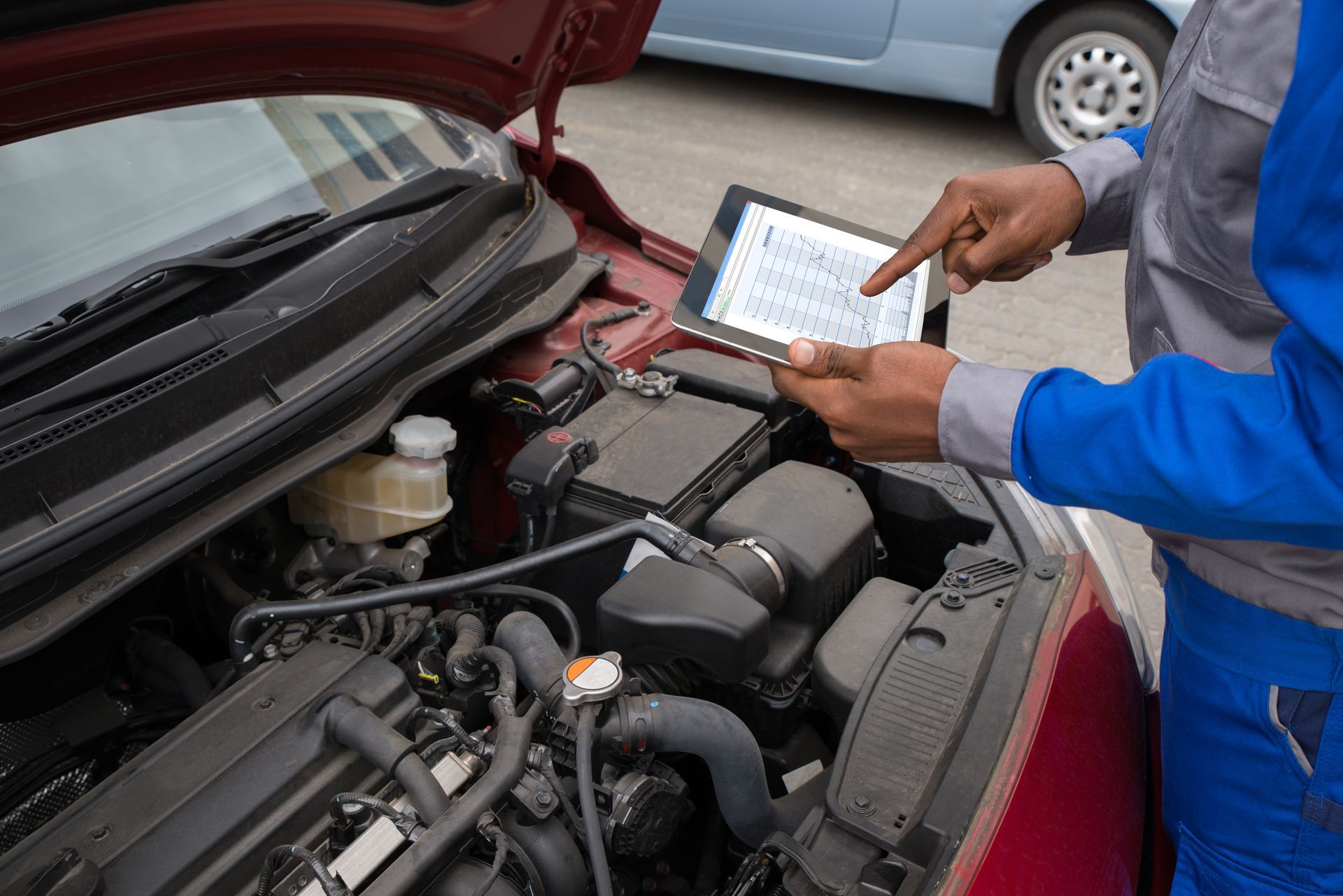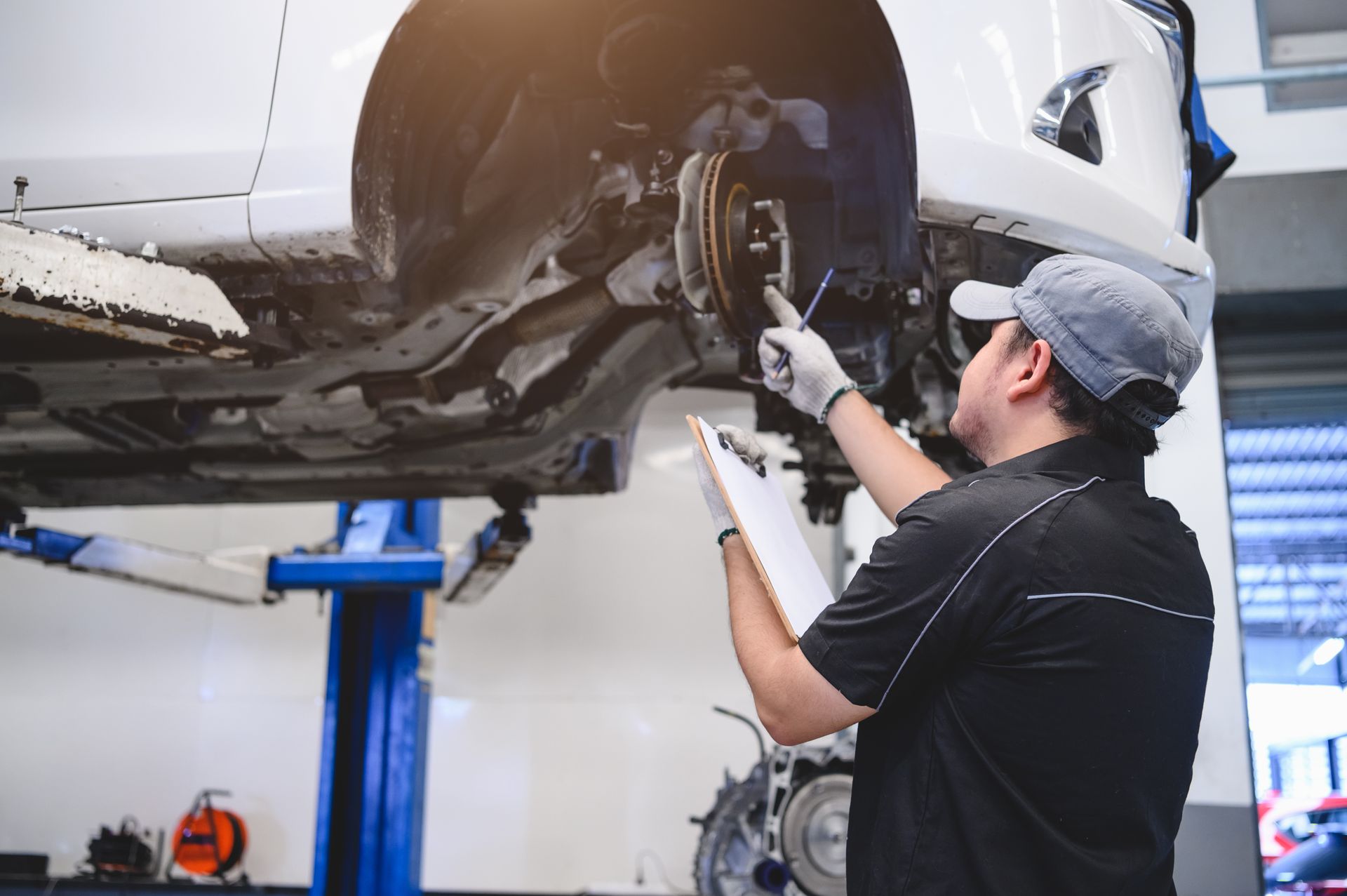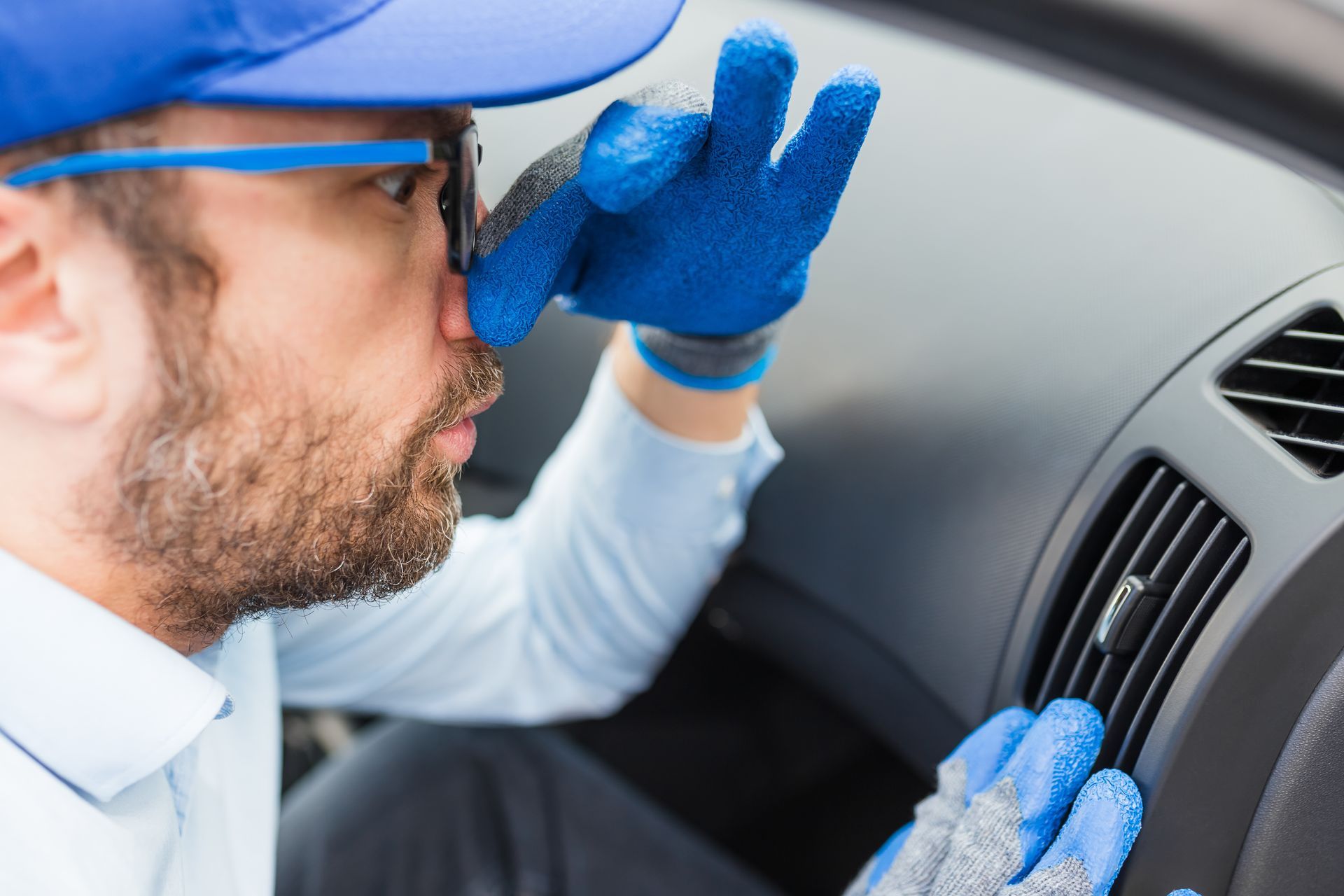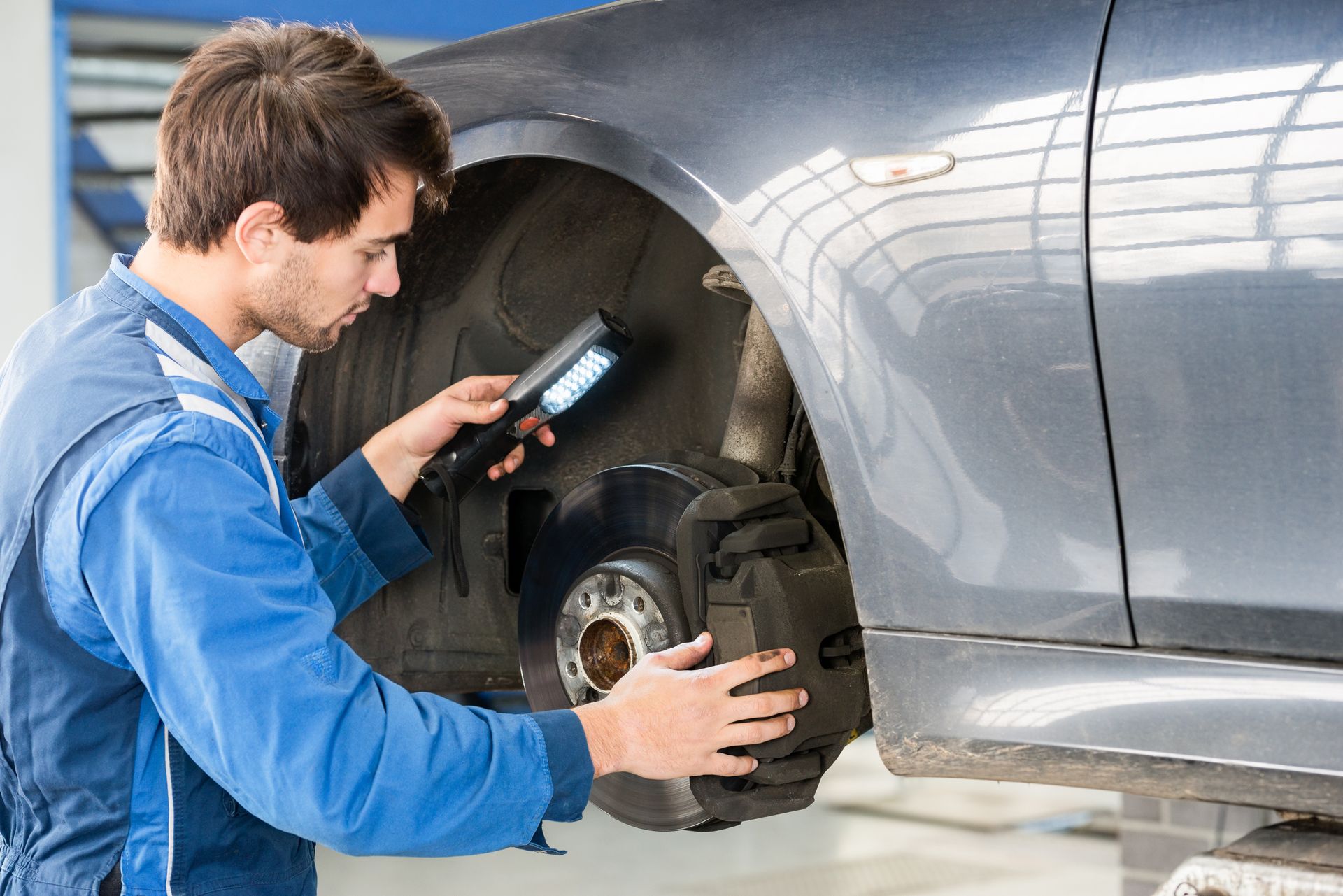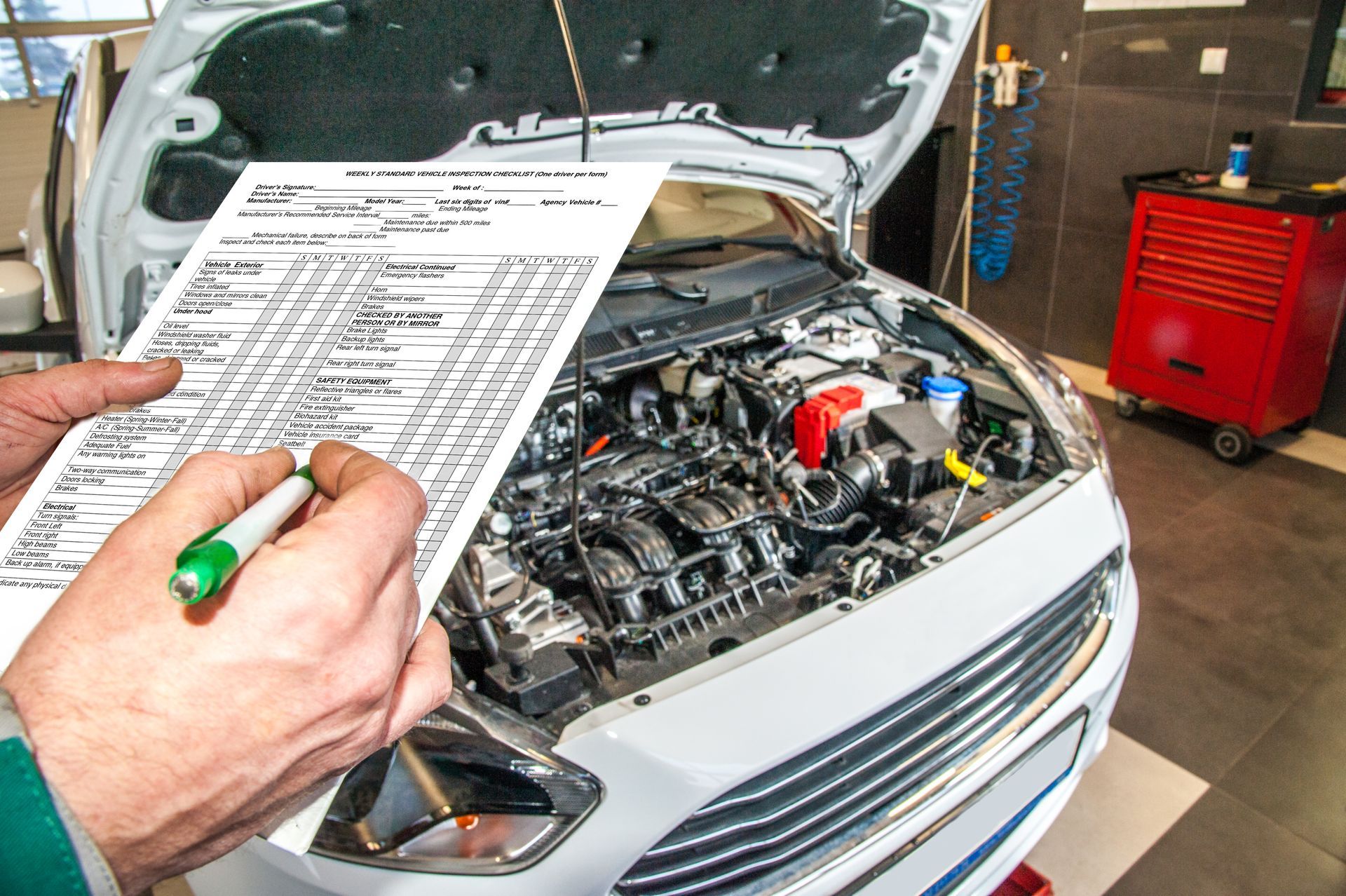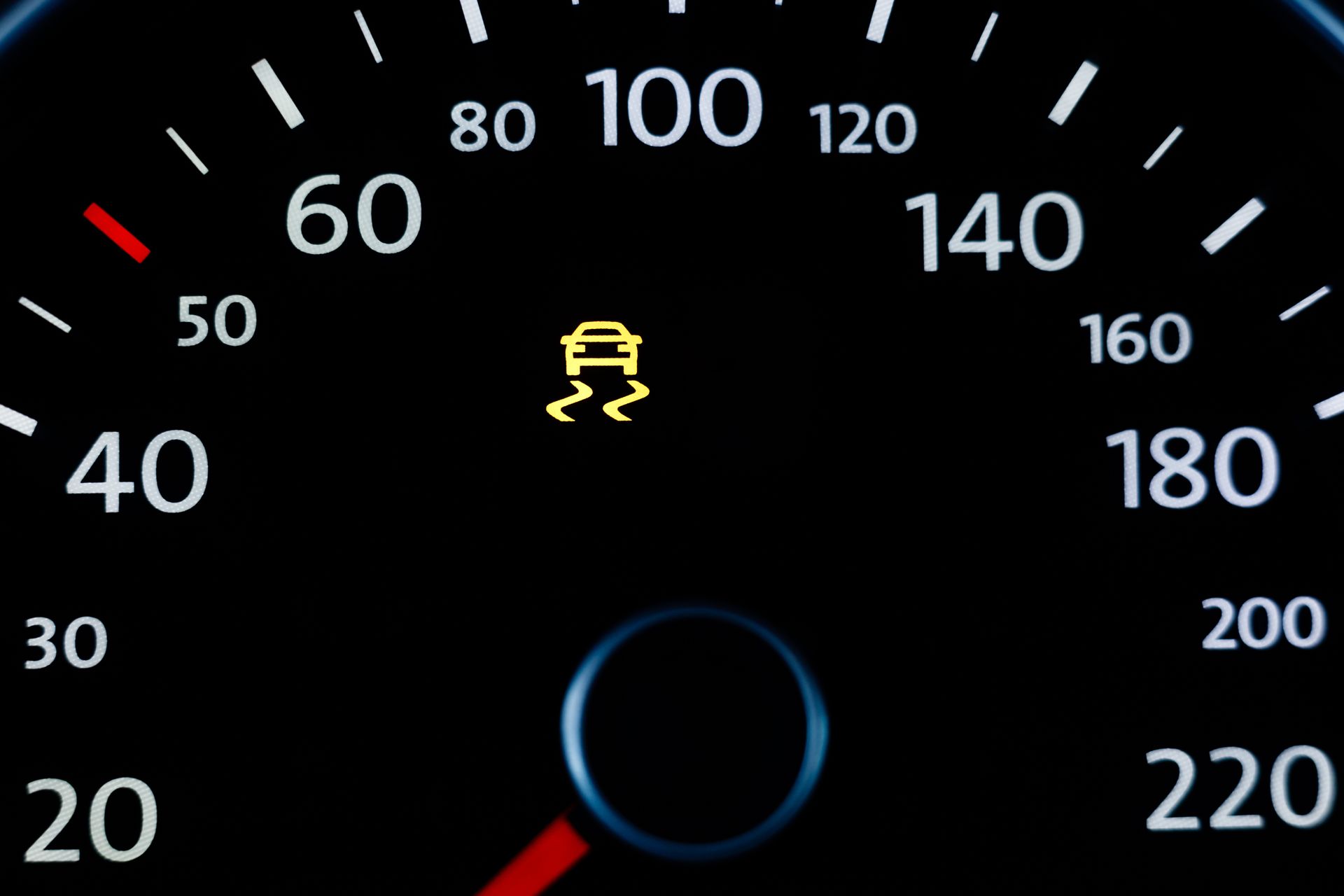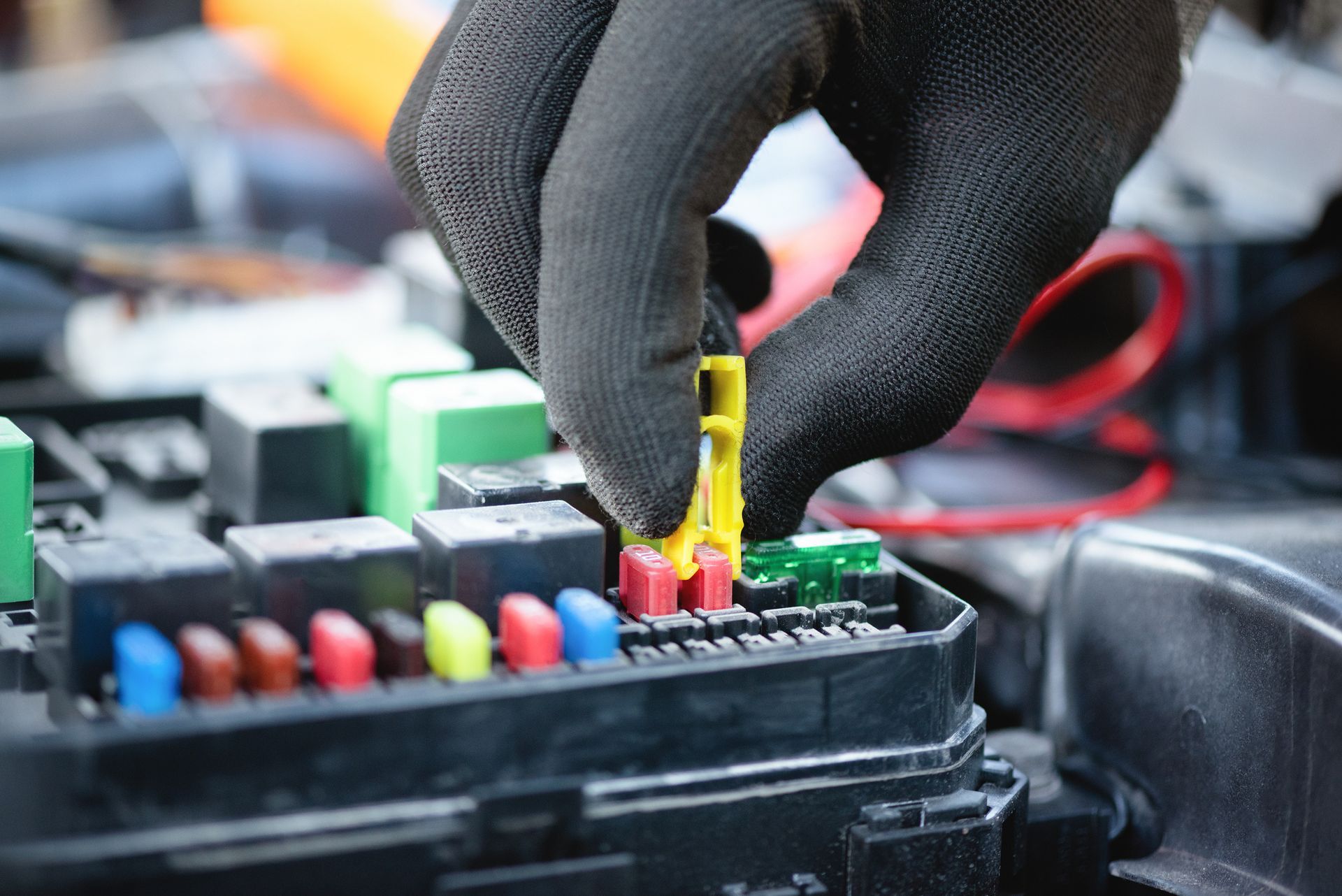Driving in Florida comes with its own unique set of challenges. From high humidity and scorching heat to sudden rainstorms and hurricane conditions, your car faces constant exposure to elements that can cause wear and tear over time. If you live in Port Charlotte or anywhere in Florida, ensuring that your vehicle is prepared for the state’s extreme weather conditions is key to avoiding breakdowns, rust damage, and costly repairs.
Keeping your car in top shape requires routine maintenance, protective measures, and preparation for unpredictable weather. Here’s what you need to do to keep your car road-ready in Florida’s demanding climate.
How Florida’s Weather Affects Your Car
Florida's climate is characterized by intense humidity, heavy rains, and extreme heat, all of which can take a toll on your car’s paint, tires, engine, and electrical systems.
- High humidity accelerates rust and corrosion, especially on exposed metal parts.
- Intense sun exposure fades paint, damages dashboards, and wears down rubber seals.
- Heavy rain and flooding can cause water damage to your engine, brakes, and electrical components.
- Hurricanes and strong storms bring flying debris, saltwater exposure, and high winds that threaten your vehicle’s safety.
Protecting Your Car from Heat and Sun Damage
One of the biggest concerns for Florida drivers is excessive heat and sun exposure. When temperatures soar, your car’s paint, interior, battery, and tires all take a beating.
Park Smart
Whenever possible, park your car in a garage, carport, or shaded area to minimize direct sunlight exposure. If covered parking isn’t available, invest in a windshield sunshade to protect your dashboard from cracking and fading.
Check Your Battery Regularly
Heat can shorten battery life by causing fluid evaporation and internal damage. Florida’s heat means batteries often don’t last as long as they do in cooler climates. Have your battery tested every six months to ensure it holds a strong charge.
Monitor Tire Pressure and Tread Wear
Hot pavement can increase tire pressure, leading to blowouts and uneven tread wear. Check your tire pressure at least once a month and ensure it matches the recommended PSI in your owner’s manual.
How to Prepare for Florida’s Rainy Season
Florida is known for sudden downpours and tropical storms, which can create hazardous driving conditions. Proper vehicle preparation can reduce your risk of hydroplaning, brake failure, or water damage.
Inspect Your Wipers and Replace as Needed
Heavy rain is a regular occurrence, and worn-out wiper blades can reduce visibility and make driving dangerous. Check your wipers every six months and replace them if they leave streaks or make noise when in use.
Check Your Brakes
Wet roads reduce traction, making brake performance critical. If your brakes squeak, vibrate, or feel soft when pressing the pedal, have them inspected and serviced immediately.
Keep Your AC in Working Order
With high humidity levels, your air conditioning is not just about comfort—it prevents windshield fogging that can reduce visibility. If your AC isn’t cooling properly, have it checked before the rainy season arrives.
Hurricane Season Car Prep
Hurricane season in Florida runs from June through November, and being prepared can save your vehicle from serious damage or even total loss.
- Keep your gas tank at least half full in case of evacuation orders.
- Store emergency supplies in your car, including bottled water, flashlights, a phone charger, and a first aid kit.
- If a storm is approaching, park in a secure location—avoid trees, power lines, or low-lying areas prone to flooding.
- Consider a car cover to protect against flying debris and hail damage.
If you live in an area that is prone to flooding, never drive through deep water—it can damage your engine, transmission, and electrical systems beyond repair.
Is your car ready for Florida’s extreme weather? We at
Matics Auto Repair in Port Charlotte, FL, can inspect your brakes, battery, and tires to ensure you're road-ready. Call us today to schedule an appointment!

